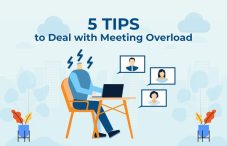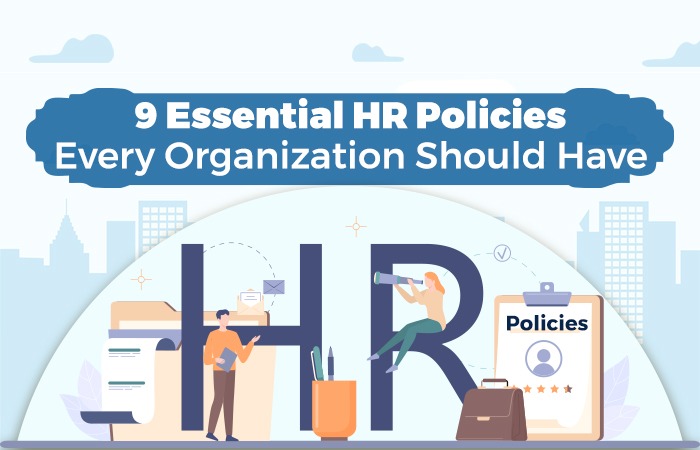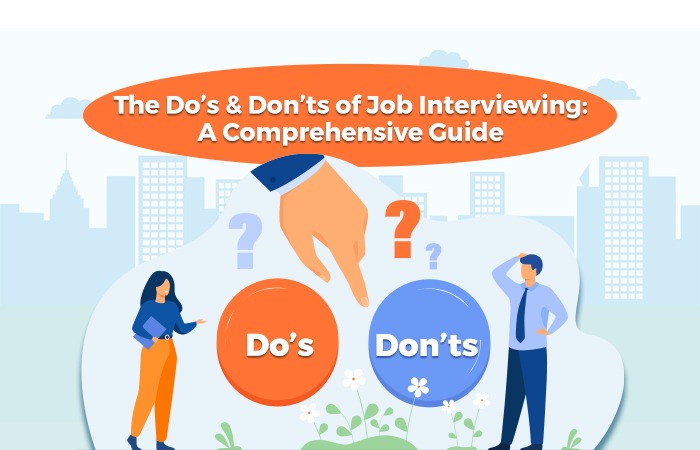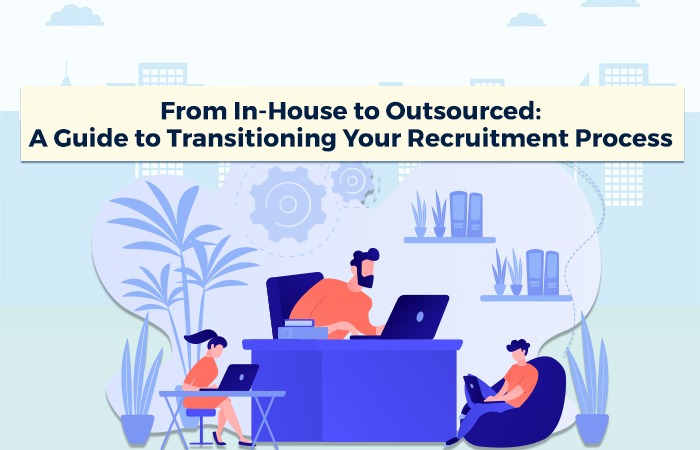Do you find yourself struggling to keep up with your schedule? Do you feel your calendar is more in control of others than your own self? Despite working more than 10 hours a day, do you still find yourself scrambling to meet your deadlines?
You are not alone. Most employees complain about having their days packed with endless meetings, leaving them no time to do the ‘actual work’ they were hired to do.
Cindy Solomon, Executive Coach & Consultant, in her TedTalk shows 5 ways in which you can take control of your calendar and ‘Do More’. These are tips were used by the top global leaders and they saw a significant change in the way their day looked.
- Ask yourself ‘Do you need the meeting’?
Most of us think meetings are important and we need meetings for everything. The fact is unproductive meetings waste hundreds of billions of dollars each year. Very often we arrange meetings to ensure everyone is ok with what is happening in, say, the project. Or we say, let us have a quick meeting to solve this doubt.
In reality, it is easier and quicker to make a call or send an email instead of calling a meeting.
Cindy suggests a simple trick here. Before you are calling a meeting, write the invitation first. If you cannot start the subject line with an action verb like decide, finalise, create, you do not need a meeting. For something like review, you can save everyone’s time by sending out the deck before the meeting, for people to go through. A short 15 min meeting can then be scheduled to address issues or answer questions.
Create a clear purpose statement before the meeting so that everyone comes prepared for the meeting and they are focused on the goal.
- Invite the Least Number of People
Most often, we invite people to the meeting defensively. People do not like being left behind and that is the reason the meeting invite ends up going to everyone whether they are the decision makers or they are needed for the meeting or not.
Invite the ones who are necessary to achieve the objective of a meeting. The others can be informed about the meeting later. It works both ways. It should be ok if you are not invited to every meeting.
Research shows that the optimal size of a meeting to make decisions is 5-8 people. The more the number of people, the less likely you are in achieving your goals.
- Limit the Time of Your Meetings
According to Cindy, her meetings are 30 & 45 minutes long instead of 1 hour long meetings. This allows time to take breaks between meetings to digest the information from the meetings, think or just relax. When the meetings are longer, it always leads to delays and schedules going awry.
Start scheduling shorter meetings and you will see that you are more focused, attentive and achieve more. And as a bonus, you get more time during the day to do your work.
- Learn to Say NO
Cindy points out that ‘we often say yes to every meeting we are invited to out of fear of missing out or out of ego’.
The next time you are invited to a meeting, ask yourself “Is my opinion absolutely important to the purpose of the meeting?” Or “Does this meeting move my goals, my team’s goals, my customer’s goals forward?” If the answer is No, simply say no to the meeting.
However hard it may seem at the beginning, start by speaking the truth. You can let the organiser of the meeting know that your presence is not most critical for the meeting and that you have other priorities and you are only a phone call away if you are needed. You can also use this opportunity to delegate the meeting to a subject matter expert or a high performer.
Communicate with honestly and clarity.
- Schedule Blocks of Uninterrupted Time for Yourself
In order to be able to be efficient and productive, you sometimes need to be ruthless with regards to your time. You need to give yourself time to do the things that are important to you and to focus on your own work.
Plan and schedule “No fly Zones’ every day in your calendar, at any time that you are most productive, where you can work on ‘important and actual work’.
You can discuss with your manager and your team about your need to control your calendar to improve your productivity.
Start with one tip at a time. One simple change at a time can help you make big changes.













